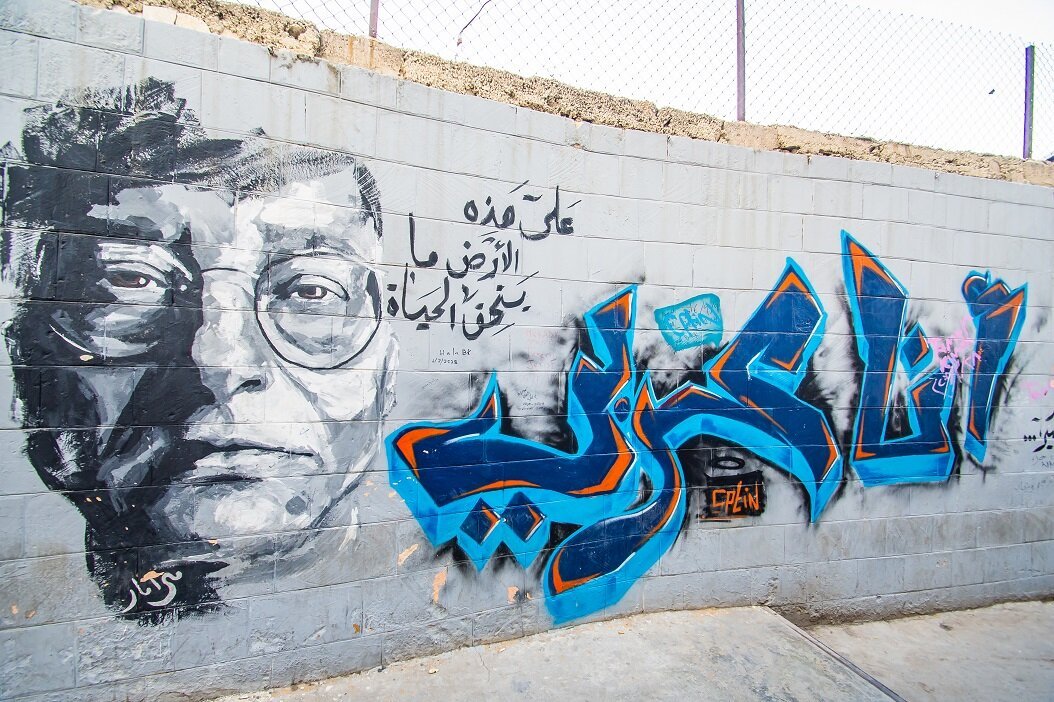Formal Arabic vs Spoken Arabic: Why Levantine is the Easiest to Learn
If you want to learn Arabic online, you may be feeling confused. Maybe you’re just starting out and wondering whether to begin with Modern Standard Arabic (MSA) or a dialect. Or maybe you’ve already started learning but aren’t sure which dialect to choose.
This article will help you understand the differences between formal Arabic and spoken dialects, and show you why Levantine Arabic is the best choice for beginners. By the end, you’ll know the fastest, most practical path to start speaking Arabic confidently and naturally.
What is Formal Arabic?
Formal Arabic, or MSA/Fusha, is the standardized form of Arabic:
It’s used in books, newspapers, news broadcasts, and formal speeches.
Based on Classical Arabic, but simplified for modern use.
While most Arabic speakers understand it, people rarely speak it in everyday life.
If you try to use formal Arabic in conversations, people will understand you—but you might sound a bit off. Some may even find it funny or unusual, and honestly, you won’t blend in naturally.
Learning formal Arabic first can feel slow and frustrating, because it doesn’t prepare you for real-life conversations.
What is Spoken Arabic (Dialect)?
Spoken Arabic refers to the dialects people actually use in their daily lives. Every region has its own dialect, like Egyptian, Gulf, Moroccan, or Levantine.
Dialects are:
Simpler and practical – focused on speaking and understanding.
Full of everyday phrases – you’ll actually use them when talking to people.
Among all dialects, Levantine Arabic is widely considered the easiest for beginners because:
It’s clear and widely understood across all Arabic-speaking countries.
It’s the language of TV shows, movies, series, songs, and social media, so nearly all Arabs understand it.
It’s fun, practical, and perfect for real-life conversations.
Why Levantine Arabic is the Best Choice for Beginners
If your goal is to speak Arabic confidently and naturally, Levantine Arabic offers the fastest path:
Start speaking immediately – Use practical phrases from day one.
Be understood everywhere – Thanks to TV, movies, and online content, Levantine is recognized across the Arab world.
Learn through media and culture – Songs, series, and everyday conversations make learning fun.
Progress quickly – Focus on communication instead of memorizing formal grammar.
MSA or Dialect? Defining Your Goal in Learning Arabic
When deciding between formal Arabic (MSA) and spoken dialects, it all comes down to your goal. If you want to read, write, or study Arabic formally, MSA is the way to go. It’s the language of books, newspapers, and official communications, and it gives you a strong foundation for learning the language deeply.
But if your goal is to speak, communicate, and blend in with locals, Levantine Arabic is the best choice. It’s widely understood across the Arab world through TV shows, movies, songs, and online content, and it lets you start speaking naturally from day one. Many learners start with Levantine to gain confidence in conversation and later pick up MSA for reading and writing, giving them the best of both worlds

